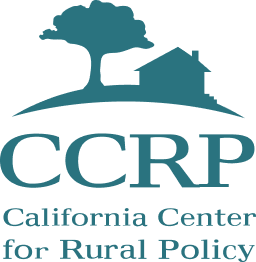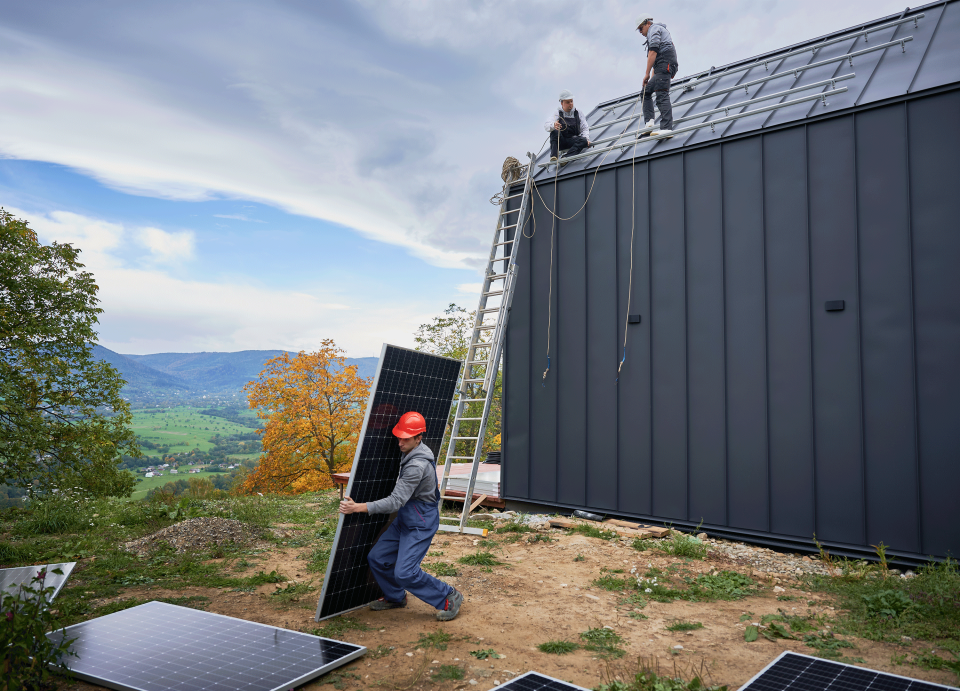BLBS GRID Workforce Training Tiny Home Construction and Renewable Energy Systems
The BLBS-GRID Workforce Training project plans to complete two tiny homes at the Hoopa Modular Plant while training 18 unemployed Native American youth (ages 16-24) in construction and solar installation. The initiative addresses the 28% unemployment rate in the predominantly Native American Hoopa community by restoring facility equipment, creating an assembly line production system, and equipping homes with solar power. Completed homes will be sold at market value to sustain the program.
Building Lives By Building Structure at a Glance
Project Lead: Building Lives By Building Structure Hoopa 501(c)(3) (BLBS)
Collaborator: GRID Alternatives North Coast (Letter of Commitment)
Addressing Critical Needs Through Integrated Solutions
The BLBS-GRID Workforce Training project combines affordable housing construction with renewable energy integration to address critical needs in the Klamath-Trinity region, while providing job training for Native American youth. The initiative, led by BLBS in partnership with GRID Alternatives North Coast, aims to complete two partially constructed tiny homes at the Hoopa Modular Plant while training 18 unemployed or underemployed individuals aged 16-24 in construction and solar energy system installation.
Tackling Community Challenges
The project addresses significant community challenges, with Hoopa's population being predominantly Native American and experiencing high unemployment rates. The program looks to restore and certify the facility's integrated cranes to establish an efficient assembly line production system, enabling increased construction capacity for future projects.
Sustainable Housing Solutions
Each tiny home will be equipped with solar power and battery storage systems, combining affordable housing solutions with sustainable energy infrastructure. The comprehensive training program builds upon BLBS's track record of training approximately 150 individuals since 2020 and GRID's experience in providing no-cost solar installations and workforce development opportunities in Tribal communities.
Implementation and Sustainability
The project's funding will cover staff salaries, materials for home completion, solar system installations, and workforce development implementation. The completed homes will be sold at market value, with proceeds supporting program sustainability. This initiative sets out to address housing shortages, unemployment, and renewable energy adoption while creating pathways to thriving-wage careers in construction and renewable energy sectors.

